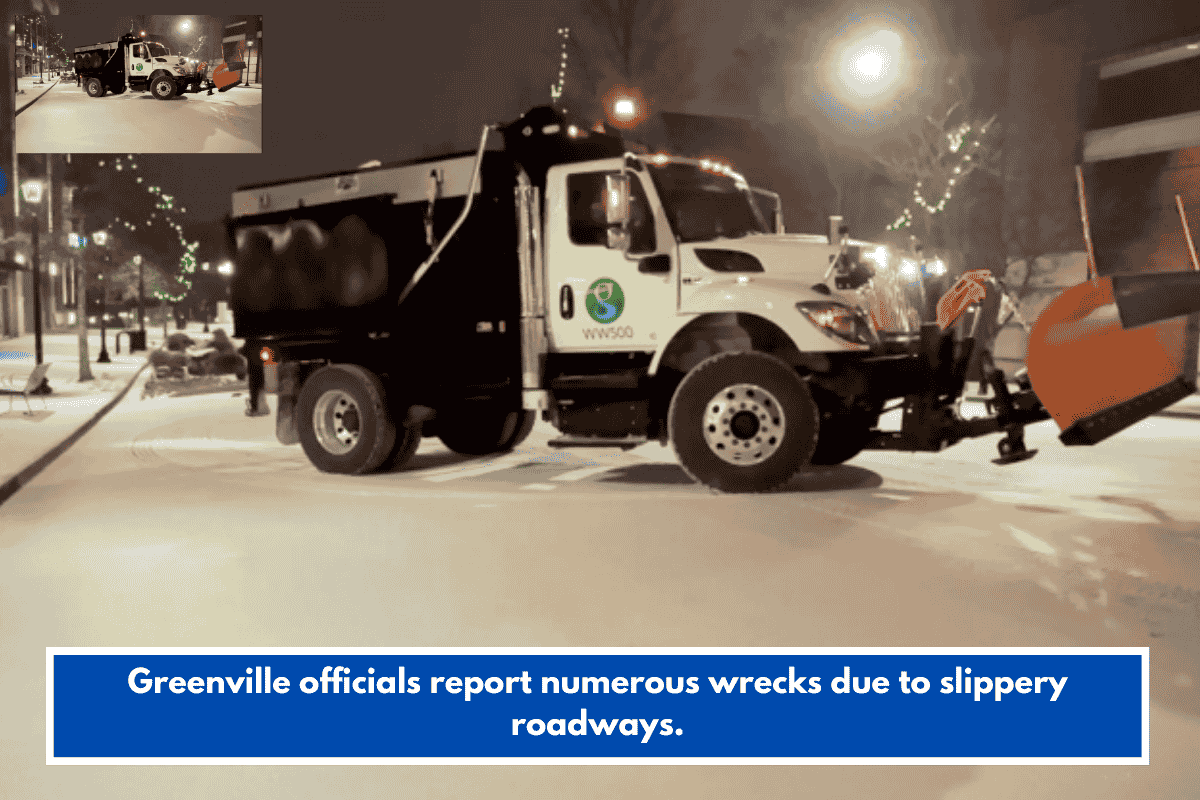If you’ve ever been pulled over by police in Montana, you might wonder whether law enforcement has the right to search your phone during a traffic stop. With the increasing use of smartphones, it’s important to understand your rights and the laws surrounding privacy and searches. Let’s break down what Montana law says about police searches of your phone during a traffic stop.
The Fourth Amendment and Your Right to Privacy
In the United States, the Fourth Amendment to the Constitution protects individuals from unreasonable searches and seizures. This means that law enforcement generally cannot search your personal belongings, including your phone, without a warrant, your consent, or certain exceptions that allow them to do so under specific circumstances.
When Can Police Search Your Phone?
Montana law follows the same basic principles as federal law when it comes to phone searches. In general, police cannot search your phone without a warrant, consent, or probable cause that a crime has been committed. However, there are some important exceptions to this rule.
Consent:
If the police ask to search your phone and you voluntarily give them consent, they can proceed with the search. It’s important to remember that consent must be given freely and voluntarily. You have the right to refuse the search.
If the police do not inform you of your right to refuse, it could affect the validity of the consent.
Probable Cause:
If law enforcement has probable cause to believe that your phone contains evidence of a crime, they may be able to search your phone without a warrant. This could happen if, for example, they suspect you’re involved in illegal activity such as drug trafficking, child exploitation, or driving under the influence.
However, this still needs to be justified, and simply being pulled over for a traffic violation generally won’t give officers probable cause to search your phone.
Search Incident to Arrest:
If you are arrested during a traffic stop, police may be allowed to search your phone as part of a search incident to arrest. This means that if you are taken into custody, law enforcement can search your phone for evidence related to the arrest.
However, the U.S. Supreme Court’s ruling in Riley v. California (2014) significantly limited police’s ability to search smartphones without a warrant, even during an arrest. While police can search the contents of a phone if there is an urgent need, they usually need a warrant to search the phone in most situations.
What Happens If Police Search My Phone Without a Warrant or Consent?
If the police search your phone without your consent and without probable cause or a valid warrant, the evidence they find may be inadmissible in court. Under the exclusionary rule, evidence obtained through an illegal search can be excluded from the case against you.
When Can Police Look at Your Phone Without a Warrant?
While it is generally required for police to have a warrant or your consent to search your phone, there are certain exceptions where they may examine it briefly during a traffic stop or arrest:
Emergency Situations:
In rare cases, if there is an emergency situation, such as a threat to public safety or imminent harm, police may be allowed to search your phone without a warrant. For example, if there is a belief that your phone contains information related to an immediate threat or crime in progress, law enforcement might take action without following the usual legal procedures.
Search for Officer Safety:
If there is a safety concern, such as if the police suspect you may be hiding a weapon or evidence of a crime on your phone, they may be able to conduct a limited search. This search is generally more focused on ensuring officer safety rather than looking for evidence of a crime.
What Should You Do If Police Ask to Search Your Phone?
If a police officer asks to search your phone during a traffic stop, it’s crucial to know your rights:
Know that you can refuse: You have the right to refuse the search of your phone unless the police have a valid warrant or probable cause. If you do not want your phone searched, you can politely state that you do not consent to the search.
Stay calm and respectful: Refusing the search does not give the police permission to escalate the situation. Remaining calm and respectful will help prevent the situation from becoming more complicated.
Ask for clarification: If you’re unsure whether the police have a valid reason to search your phone, you can ask for clarification. It’s also a good idea to ask if they have a warrant, especially if the search isn’t related to the reason for your traffic stop.
In Montana, like in other states, police cannot search your phone during a routine traffic stop without a valid reason, such as a warrant, consent, or probable cause. While certain exceptions exist, such as when you are under arrest, it’s important to know your rights and be aware of the protections granted by the Fourth Amendment.
If you are ever unsure about whether a police search is lawful, you have the right to respectfully refuse and seek legal advice. Always remember that staying informed about your rights will help you avoid unnecessary legal complications.
SOURCES
[1] https://collincountymagazine.com/2025/07/07/can-montana-police-search-my-phone-during-a-traffic-stop-heres-what-the-law-says/
[2] https://mywaynecountynow.com/can-montana-police-search-my-phone-during-a-traffic-stop-heres-what-the-law-says/
[3] https://www.aclumontana.org/en/know-your-rights/stops-and-arrests-what-do-when-encountering-law-enforcement
[4] https://archive.legmt.gov/bills/2013/Minutes/Senate/Exhibits/jus77a01.pdf
[5] https://www.govtech.com/public-safety/can-police-search-your-phone-during-a-traffic-stop














